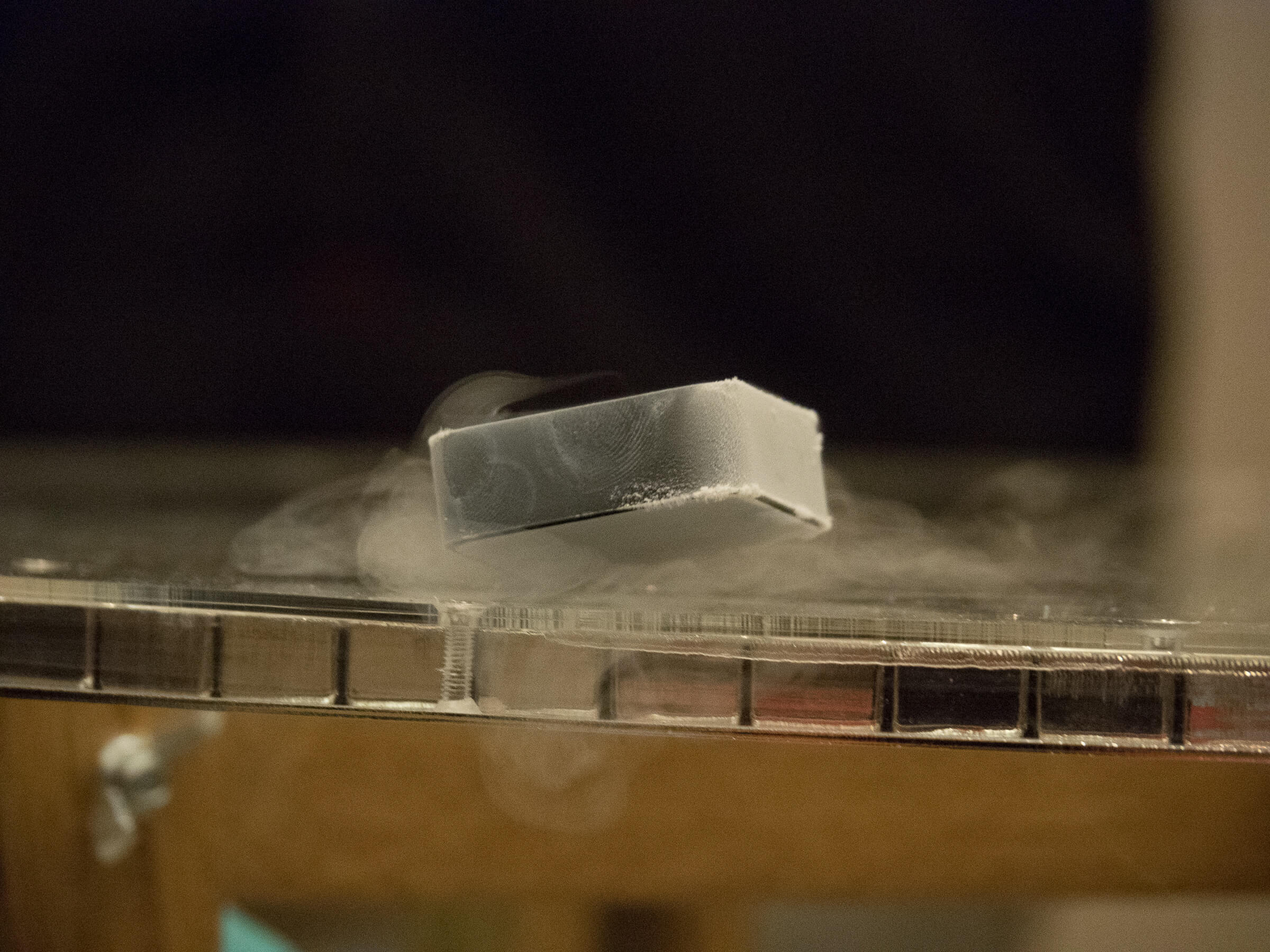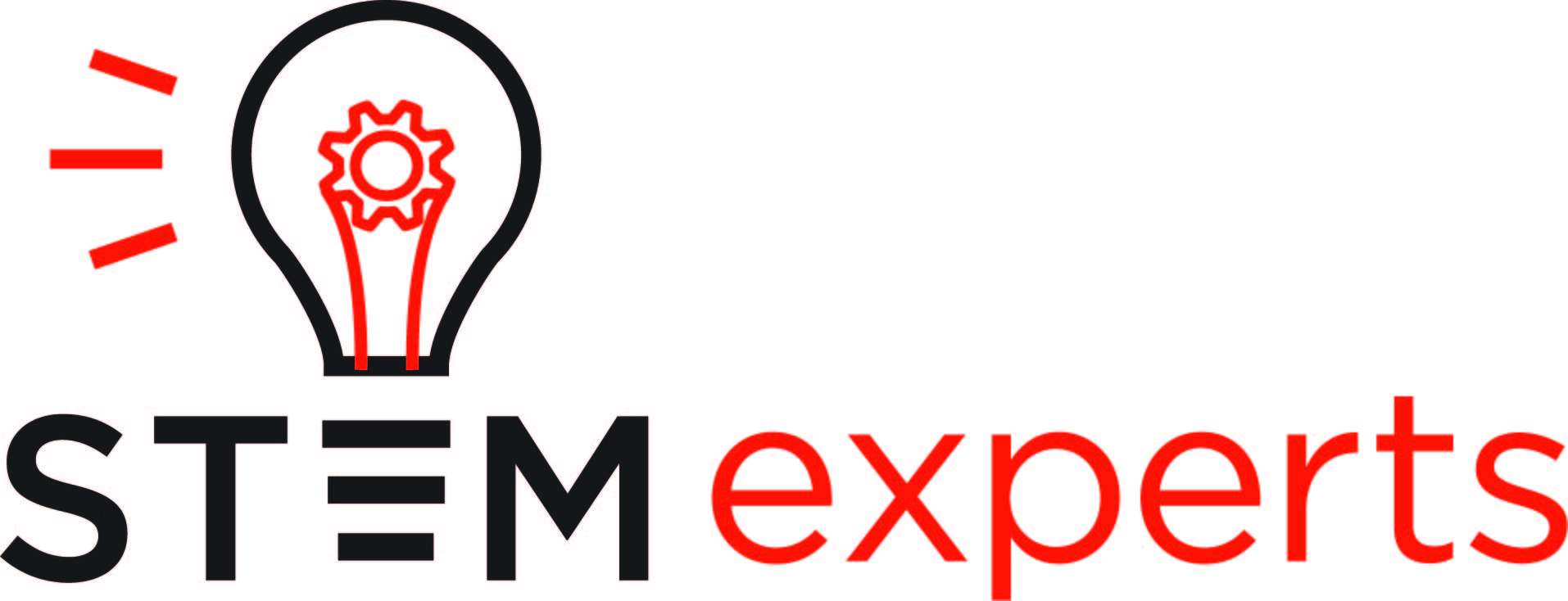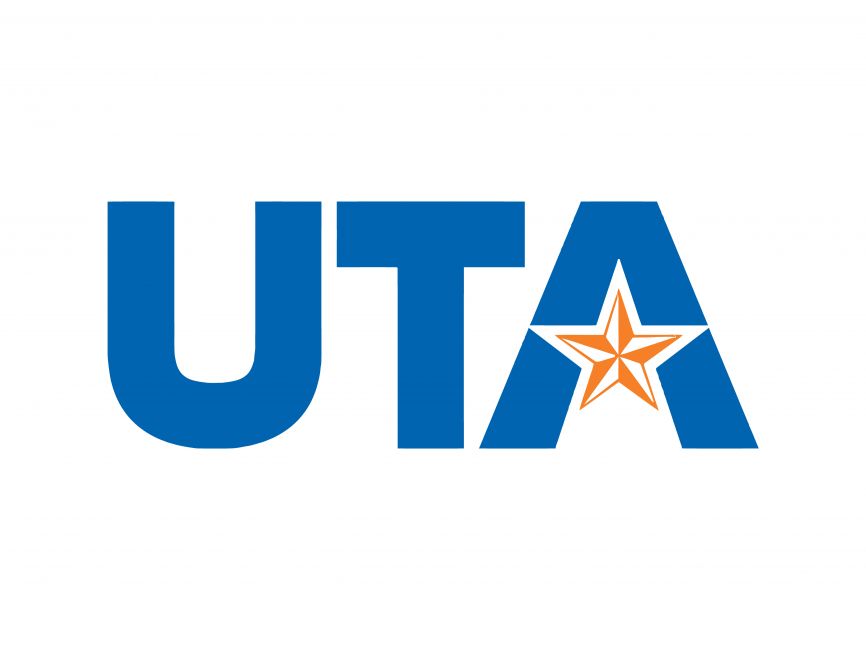Teacher Professional Development
The 2025 workshop and camp were a tremendous success! We are currently working on updating with a highlight video. Thanks for your interest in the program. We hope to be able to continue providing these services in the future.
"We were encouraged to learn from each other, support each other, and ask questions. I learned a lot not just from the instructors, but also from the other teachers there."
"The instructors that taught the class were patient, great at explaining concepts, and had fabulous humor. Another thing was the activities were well thought out and not a ton of lecture"
Quantum for All has been providing professional development sessions since 2020. In the pandemic, there were virtual sessions and in 2021 the sessions were expanded to more topics with provided resources for teachers. Thankfully since 2022 we have been able to offer face-to-face workshops and camps which involve hands-on and engaging activities appropriate for use in the classroom or informal environment.
We believe it is pedagogically important for teachers to experience the lessons before implementing them in the classrooms, so the PD model included time for teachers to learn and time for them to teach to students.
As we continue to develop and vet resources for high school STEM teachers, we will place them in our Resource Store. Meanwhile, be sure to join us for sessions at NSTA, CAST, IEEE, and other conferences for professional development opportunities.
Some of the topics being developed are below. Pedagogically we believe it is best to have a storyline for teaching these topics to ensure alignment to STEM content and ease of implementation. Therefore the topics below are embedded into modules appropriate for high school students in STEM. For a broad overview of these modules go to the STEM Student Camp page.
If you are interested in joining one of our sessions, please join the email list and we will send out the information as we have dates set.
Professional Development Workshops
Blackbody Radiation, UV Catastrophe, and Planck--If one assumes the size of a photon of light (energy) is directly proportional to frequency, then the probability of high energies becomes small. Planck worked on "why do hot objects glow" (i.e. blackbody radiation). In 1900 he suggested that electromagnetic energy could only be emitted in quantized form (E=hv). By learning about quantization, students can better understand these concepts.
Cloud and Bubble Chambers--Particle decay can be seen in these chambers showing charge and momentum are conserved. The trails are evidence of interactions within the field. In this session real data is analyzed to obtain information about the particles involved, even though they can't be seen.
Coin Toss--The coin toss activity is a bridge between Malus' Law and Quantum Key Distribution (QKD). Learners will use polarization to practice recognizing superposition states and the ramifications of measuring in different measurement basis.
CyberSecurity--This session builds on using the quantum effects from polarization and cryptography to show the efficacy of quantum cryptography to detect the presence of an eavesdropper.
Cryptography--This session provides a background in quantum cryptography and demonstrates how quantum effects from polarization, including superposition, are used to generate a key for secure quantum cryptography (QKD quantum key distribution)
Einstein and GPS--This session engages students in a deeper understanding GPS, relativity, and the connections to quantum. One of the all-time favorites!
Golden Rules of Quantum Mechanics--This session focuses on concepts of superposition and measurement uncertainty. These concepts are absolutely essential for students to understand when considering future technologies based on quantum physics. They will learn how to connect light polarization to superposition and measurement, and how these concepts link to the powerful technology of quantum cryptography.
Gravitational Waves--This session focuses on modeling gravitational waves using lycra. Basics include understanding how LIGO uses general physics principles such as interference, mirrors, and squeezing of light to detect the gravitational waves.
Heisenberg Uncertainty Principle The lesson uses light diffraction to investigate the Uncertainty Principle by observing central spots and laser patterns. Students will investigate relationships between slit width and pattens as well as laser color (wavelength). Visually seeing these relationships helps them understand how a photon's momentum can change.
Interferometers--The session is based on the principles and function of an interferometer. The LIGO model is demonstrated and explained as well as the connections to quantum concepts. This sessions is most successful when conducted F2F in order to allow for the use of manipulatives.
Entanglement--Described by Einstein in 1935, entanglement is one of the "wierd" words that is used to describe quantum interactions. It is where particles stay connected and the actions performed on one of the particles affects the other.
Laser Calibration--The session demonstrates how classical measurements correspond to quantum measurements and their use in measuring very small quantities. The actual wavelength of a handheld laser is measured using a diffraction grating and a single slit using Babinet’s Principle.
Malus's Law and Mutually Exclusive States--This session starts with the familiar 3D glasses and builds background necessary for polarizers and understanding Malus' Law. Experiments lead to a conceptual understanding of the difference in classical and quantum "light".
Particle Physics--The session helps students understand properties of particles by introducing scientific models. Some of the topics include Rutherford scattering, Bubble Chambers, Taming Particle Zoo, and Finding Top Quark. This session can be broken down into several smaller sessions.
Quantum Chemistry--This session introduces chemistry concepts such as electron configuration, energy levels, Bohr model, Pauli Exclusion Principle, Hund's rule, and Planck's constant are quantum concepts that are often taught as classical. It identifies where these concepts can/should cross over to the world of quantum and provides opportunities for students to engage in learning why they are important. These topics can be broken down into multiple smaller segments, some F2F and some virtual.
Quantum Computing: Duetsch-Jozsa Algorithm--This session uses an interferometer to demonstrate the Duetsch-Jozsa algorithm, demonstrating the gain in efficiency from quantum computing due to superposition.
Polarization--This session on the state of light after traveling through various combinations of polarizers. It begins with a review of the classical analysis and continues with a quantum analysis including superposition
Quantum Key Distribution (QKD)--QKD is a method of ensuring that your data is secure. An important property of QKD is the ability of two communicating users to detect the presence of any third party trying to access the key. This session needs to be done in a F2F environment because it uses manipulatives to engage the students and help them understand the process.
Superposition and Interference--Quantum superposition is a fundamental principle of quantum mechanics. Classical physics treats superposition via waves interacting and defines types of interference. In the quantum world, superposition is being in several states at the same time and wave functions of particles can either reinforce or diminish each other.
Wave Particle Duality--Multiple sessions designed to help students understand the dual nature of light. The module compares classical particles and waves and then uses interactive activities to learn about the double slit experiment. The module also uses the Mach Zehnder Interferometer to model interference patterns and analyze particle and wave models.
Where is the Quantum?-- This session is designed as an introductory session useful for helping teachers and students understand that the quantum world is all around them. It provides connections between content and workforce applications with intriguing demos, videos, and questions. It includes simple activities to get the students thinking about how things we take for granted actually function (i.e. phones), but also delves into more intriguing questions such as why we need quantum (i.e. like quantum computers).






